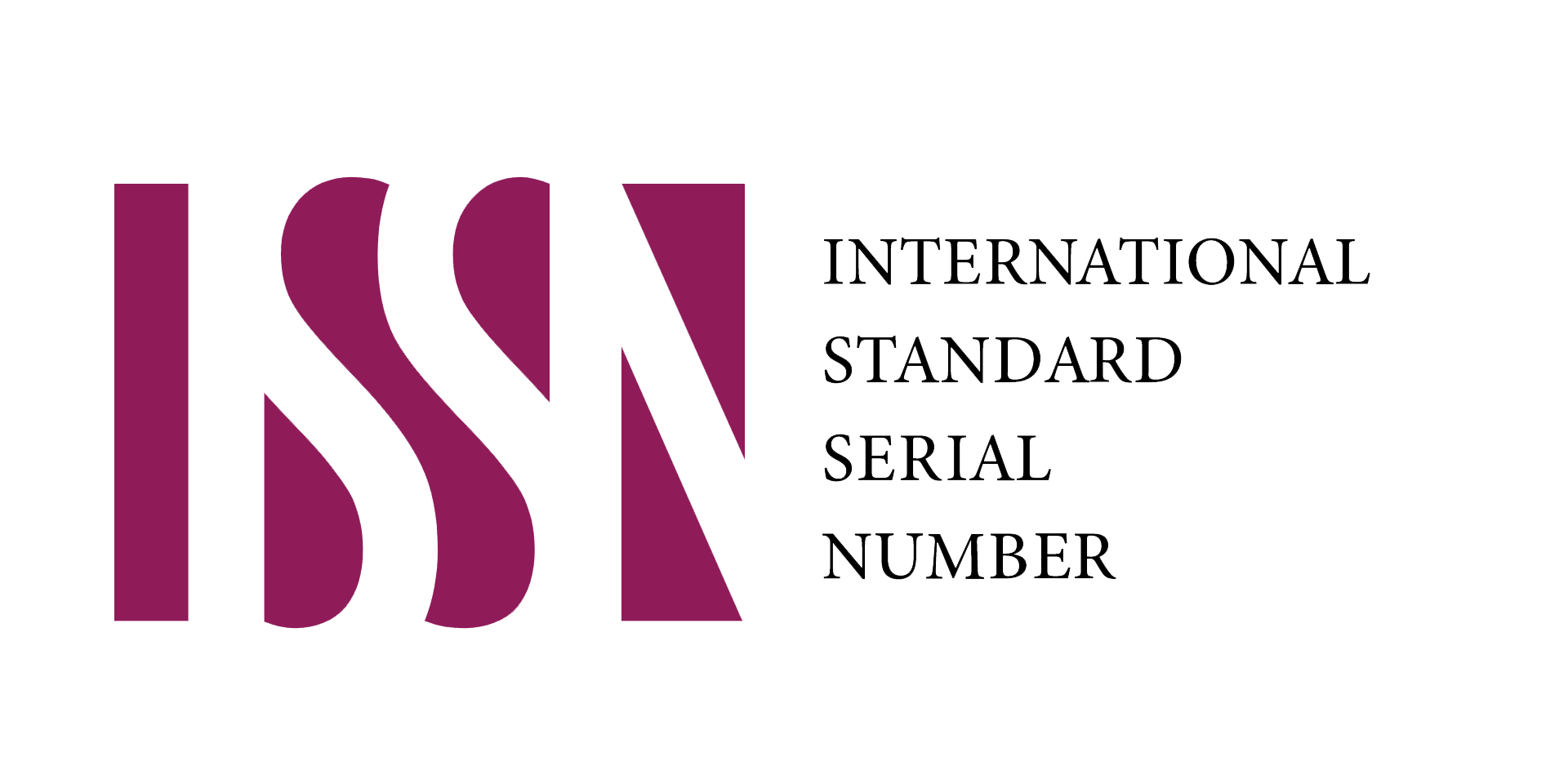The Effect of Reward and Punishment on Work Discipline
DOI:
https://doi.org/10.56442/rttm.v1i1.4Keywords:
reward, punishment, work diciplineAbstract
The purpose of this research is to 1] test and analyze the effect of partial rewards on the work discipline of employees of PT. Brass Mega Building; 2] partially test and analyze the effect of punishment on the work discipline of PT. Brass Mega Building; and 3] testing and analyzing the effect of reward and punishment simultaneously on the work discipline of PT. Brass Mega Building. The research method used is descriptive and verification methods. The population in this study were all employees of PT. Kuningan Mega Building, Kuningan Regency, totaling 52 employees with a sampling technique using a saturated sample (Sesnus) so that the entire population was used as the research sample. The data analysis method used is multiple linear regression analysis. The results of this study indicate that Reward (X1) has a positive and significant effect on Work Discipline (Y) employees of PT. Kuningan Mega Building, Punishment (X2) has a positive and significant effect on work discipline (Y) employees of PT. Kuningan Mega Building, and Reward (X1) and Punishment (X2) simultaneously or jointly have a positive and significant effect on work discipline (Y) employees of PT. Kuningan Mega Building Kuningan district. This study verifies previous studies that reward and punishment either partially or simultaneously have a positive and significant effect on work discipline. This means that the higher the reward and punishment applied to a company, the higher the level of work discipline in the company.
References
Arikunto, Suharsimi. 2006. Prosedur Penelitian : Suatu Pendekatan Praktik. Edisi Revi. Jakarta: PT Rineka Cipta.
Guevara, Fabiola Alejandra Iribe-Burgos Pedro Manuel Cortes Juan Pablo García-Hernández Carolina Sotelo-Tapia Marisela Hernández-González Miguel Angel. 2022. “Effect of Reward and Punishment on No-Risk Decision-Making in Young Men: An EEG Study.” brain research 1779.
Gurendrawati, E., Sasmi, A. A., Ulupui, I. G. K. A., Murdayanti, Y., Anwar, C., & Wahyuningsih, I. T. (2022). The DeLone and McLean Model on User Satisfaction of Academic Service Systems. Jurnal Pendidikan Ekonomi Dan Bisnis (JPEB), 10(1), 87-99.
Harahap, Junaidi Mustapa, Muhammad Irwansyah Hasibuan, and Ronal Watrianthos. 2020. “Pengaruh Reward and Punishment (Penghargaan Dan Hukuman), Koordinasi Pemerintah Daerah Terhadap Kinerja SDM Program Keluarga Harapan ( PKH ) Di Lingkungan Dinas Sosial Kabupaten Labuhanbatu.” Kapital : Jurnal Ilmu Manajemen 02(01): 1–12. https://ejurnal.univalabuhanbatu.ac.id/index.php/kapital/article/view/140.
Khairunnisa, H., Pratama, A., Musyaffi, A. M., Wolor, C. W., Respati, D. K., Fadillah, N., & Zahra, S. F. (2022). Konsep dan tips dalam menulis karya ilmiah. Pascal Books.
Ming, Jimmy et al. 2022. “Embedded Draw-down Constraint Reward Function for Deep Reinforcement Learning.” Applied Soft Computing 125.
Musyaffi, A. M. (2022). Learning Management System Sustainability for Accounting Student: The Existence of Self-Efficacy. Quality-Access to Success, 23(188).
Musyaffi, A. M., Johari, R. J., Rosnidah, I., Sari, D. A. P., Amal, M. I., Tasyrifania, I., ... & Sutanti, F. D. (2021). Digital Payment During Pandemic: An Extension of The Unified Model of QR Code. Academic Journal of Interdisciplinary Studies, 10(6), 213-213.
Musyaffi, A. M., Khairunnisa, H., & Respati, D. K. (2022). Konsep dasar structural equation model-partial least square (sem-pls) menggunakan smartpls. Pascal Books.
Nosenzo, Daniele, and Martin Sefton. 2012. “Promoting Cooperation : The Distribution of Reward and Punishment Power.” CEDEx Discussion Paper Series (January).
Podsakoff, Philip M., William H. Bommer, Nathan P. Podsakoff, and Scott B. MacKenzie. 2006. “Relationships between Leader Reward and Punishment Behavior and Subordinate Attitudes, Perceptions, and Behaviors: A Meta-Analytic Review of Existing and New Research.” Organizational Behavior and Human Decision Processes 99(2): 113–42.
Putra, R., lima Krisna, N., & Ali, H. (2021). A review literature employee performance model: leadership style, compensation and work discipline. Dinasti International Journal of Management Science, 3(1), 56-66.
Pramesti, Rizki Ayu, Sofia A. P. Sambul, and Wehelmina Rumawas. 2019. “Pengaruh Reward Dan Punishment Terhadap Kinerja Karyawan KFC Artha Gading.” Jurnal Administrasi Bisnis 9(1): 57.
Respati, D. K., musyaffi, A. M., zahra, S. F., & hindaryatiningsih, N. (2022). Exploring Working Capital Management and Performance of Manufacturing Firms in Indonesia. Quality-Access to Success, 23(188).
Sari, D. A. P., Respati, D. K., & Musyaffi, A. M. (2022). What Drives People Visit Restaurants During COVID-19 Pandemic? Findings in Indonesia. Quality-Access to Success, 23(186).
Sidin, S. A. (2021, March). The Application of Reward and Punishment in Teaching Adolescents. In Ninth International Conference on Language and Arts (ICLA 2020) (pp. 251-255). Atlantis Press.
Sugiyono. 2017. Metode Penelitian Kuantitatif, Kualitatif, Dan R&D. Bandung: Alfabeta.
Sujatmiko, Arif et al. 2020. “Hubungan Reward Dan Punishment Dengan Disiplin Kerja Pada Karyawan Rumah Sakit Grandmed Lubuk Pakam Kabupaten Deli Serdang.” Jurnal Keperawatan Dan Fisioterapi (Jkf) 3(1): 50–57.
Wu, Junhui, Shenghua Luan, and Nichola Raihani. 2022. “Reward, Punishment, and Prosocial Behavior: Recent Developments and Implications.” Current Opinion in Psychology 44: 117–23. https://doi.org/10.1016/j.copsyc.2021.09.003.
Yang, Zhiyong et al. 2021. “Abusive Supervision in Retailing: The Mediating Role of Customer Orientation and the Moderating Roles of Contingent Reward and Contingent Punishment.” European Journal of Marketing 55(2): 543–64.
Zhang, Zaisheng, Fang Song, and Zongbin Song. 2020. “Promoting Knowledge Sharing in the Workplace: Punishment v. Reward.” Chaos, Solitons and Fractals 131(xxxx): 109518. https://doi.org/10.1016/j.chaos.2019.109518.
Widiastuti, N. L. (2022). A Systematic Literature Review of Mobile Learning Applications in Environmental Education from 2011-2021. International Journal of Educational Technology and Instruction (IJETI), 1(1), 89-98.
Wolor, C. W., Musyaffi, A. M., Nurkhin, A., & Tarhan, H. (2022). Employee Perceptions of TQM-Oriented HRM Practices for Perceived Performance Improvement in the Case of Companies in Indonesia. Asian Journal for Public Opinion Research, 10(2), 123-146.
Wu, J., Luan, S., & Raihani, N. (2022). Reward, punishment, and prosocial behavior: Recent developments and implications. Current Opinion in Psychology, 44, 117-123.
Yerel, R., Dagli, G., Altinay, F., Ossiannilsson, E., Altinay, M., & Altinay, Z. (2021). Sustainability in Education: A Scale on Perceptions of Organisational Discipline Related to the COVID-19 Period. Sustainability, 13(15), 8343.
Downloads
Published
How to Cite
Issue
Section
License

This work is licensed under a Creative Commons Attribution-NonCommercial-ShareAlike 4.0 International License.














